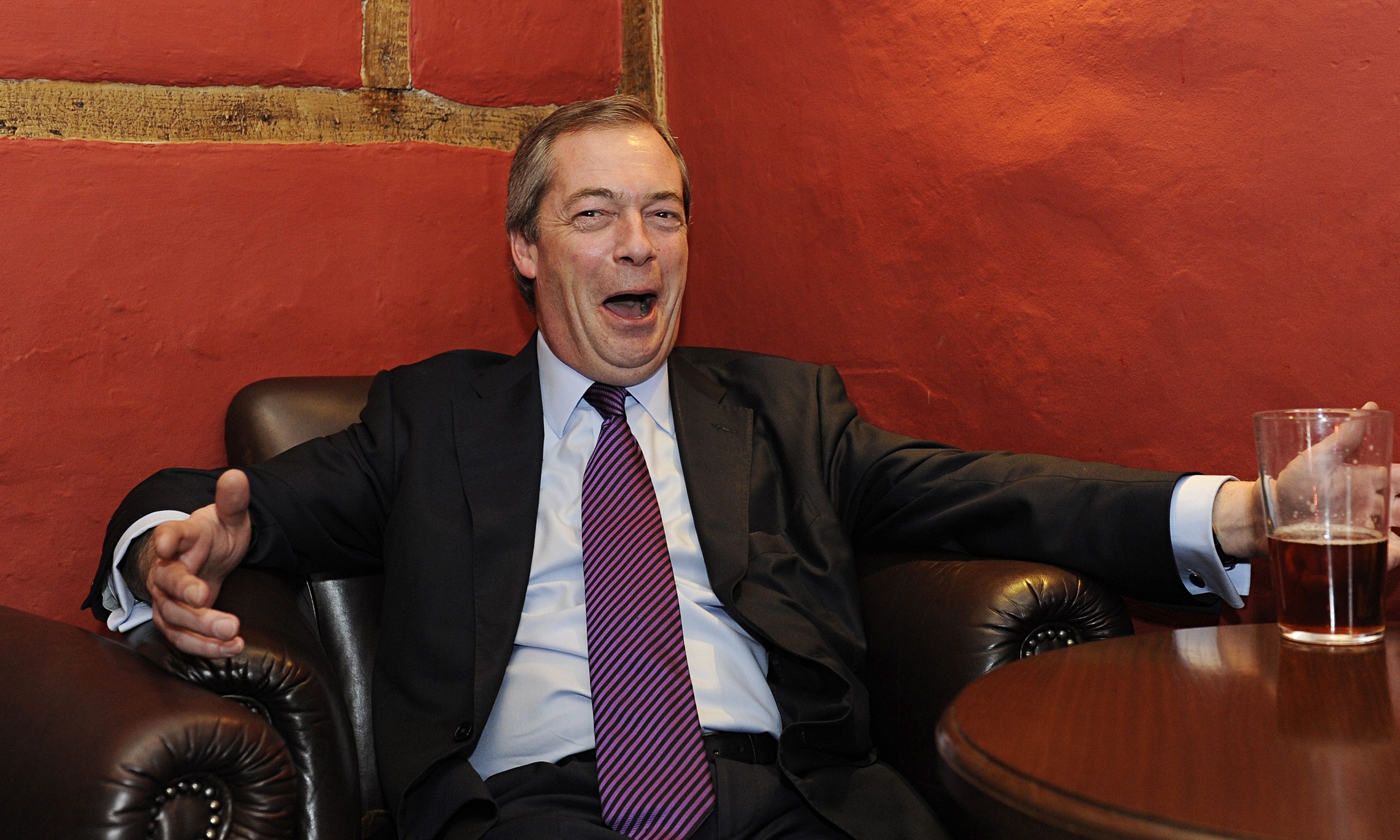Nick Clegg has indicated a willingness to work with the Labour party after the next election, in a snub of his current coalition partners.
The Deputy Prime Minister was speaking on a BBC radio documentary when he made his remarks, which seemed to offer an olive branch to the opposition party. He said that Labour had ÔÇÿchangedÔÇÖ, and accused the Conservatives of becoming more ÔÇÿideologicalÔÇÖ.
He said ÔÇÿI think thereÔÇÖs nothing like the prospect of reality in an election to get politicians to think again and the Labour Party, which is a party unused to sharing power with others, is realising that it might have to.ÔÇÖ
He did have some words of warning for Ed MilibandÔÇÖs party however, promising that in the case of a coalition between the parties, he would insist ÔÇÿthat government would not once again see us break the bank.ÔÇÖ Whilst scathing at face value, this particular comment does show the serious consideration that Clegg is giving to a potential deal with Labour.
Clegg was certainly scathing on the subject of the Conservatives, complaining about a return to ÔÇÿtheir familiar theme tunesÔÇÖ, such as ÔÇÿdemonising immigrantsÔÇÖ, ÔÇÿbanging on about EuropeÔÇÖ and in extreme cases ÔÇÿdenying that climate change exists.ÔÇÖ This attack, as well as scolding David Cameron and the Tory leadership, seems to poor scorn on the backbench MPÔÇÖs who have consistently frustrated CleggÔÇÖs Liberal Democrats.
The Lib Dem leader went on to outright level a charge of deceit at the Conservatives, claiming that they had rebuked their promise to lay aside the issue of Europe during the partnership. He claimed that they had been ÔÇÿrewriting a fair amount of history within the coalitionÔÇÖ, specifically by taking credit for the idea of raising the tax allowance to ┬ú10,000.
Despite this apparent siding with Labour, it would still appear that CleggÔÇÖs overarching aim for the 2015 election is to be a part of any government formed, as he said┬á ÔÇÿI want to see us back in power.ÔÇÖ He argued that a Liberal Democrat presence in the government would aid Britain in its road to becoming a ÔÇÿbetter countryÔÇÖ in its recovery from the 2008 recession.
CleggÔÇÖs desire for power was noted by the interviewer, Steve Richards, who got the impression that ÔÇÿheÔÇÖll seek to work once more with the party that gets most seats.ÔÇÖ Richards also pointed out some of the potential stumbling blocks for CleggÔÇÖs coalition planning, which include a majority government being elected, and in a worst-case scenario losing his own Sheffield Hallam seat.
Ed Miliband was quick to distance himself from the comments, maintaining that his focus will remain on forming a majority Labour government. He said ÔÇÿI donÔÇÖt think the parties, in advance of elections, should be engaging in this.ÔÇÖ He has clearly not changed his public opinion on the issue; shortly after becoming his partyÔÇÖs leader back in 2010 he said of Clegg ÔÇÿGiven what he is supporting, I think it is pretty hard to go into coalition with him.ÔÇÖ
Miliband may be forced to reconsider come 2015, as polls suggest that a hung parliament could well be on the cards again. The most recent BBC poll of polls places Labour ahead on 38%. Whilst its leader must be pleased to be ahead of the Conservatives, he might also be concerned to know that this number is only 2% higher than the vote share the Tories polled at the last election, when they could only form a minority government.
Currently the Tories are only 4% behind Labour in this poll, and the situation still seems very balanced. The year before the next election it would appear that the British public is yet to make up its mind. Unless either of the two major parties manages to capture the public mood before next May, it looks like neither will be able to claim a majority. This would make forming a coalition a requisite for the next five years, and the Liberal Democrats could well be the kingmakers again.
Nick Clegg appears to be desperate for his party to stay on the government benches. Despite the public lashing him and his party has received since joining the Conservatives, they still have the viable argument that they can do more on the inside than they can being on the outside looking in. Labour may be more natural coalition partners for the Lib Dems, and it is a wise move to prepare for the possibility.
Michael Arnott





Add Comment